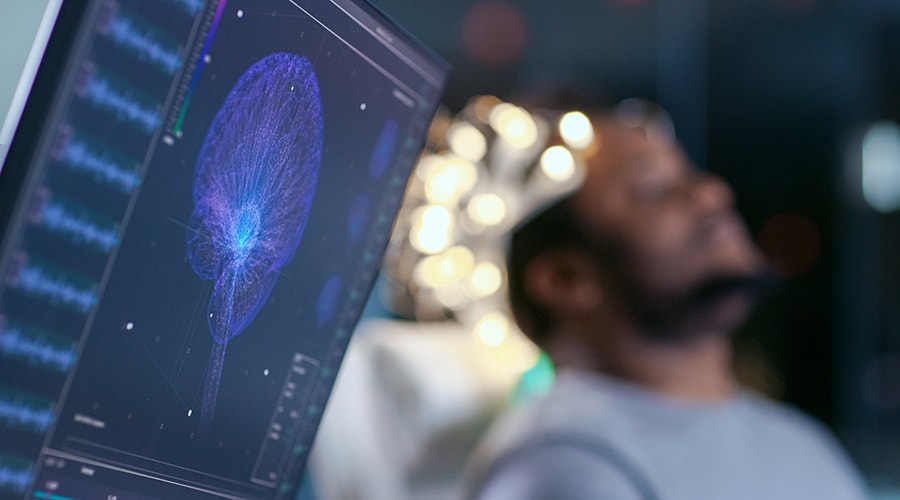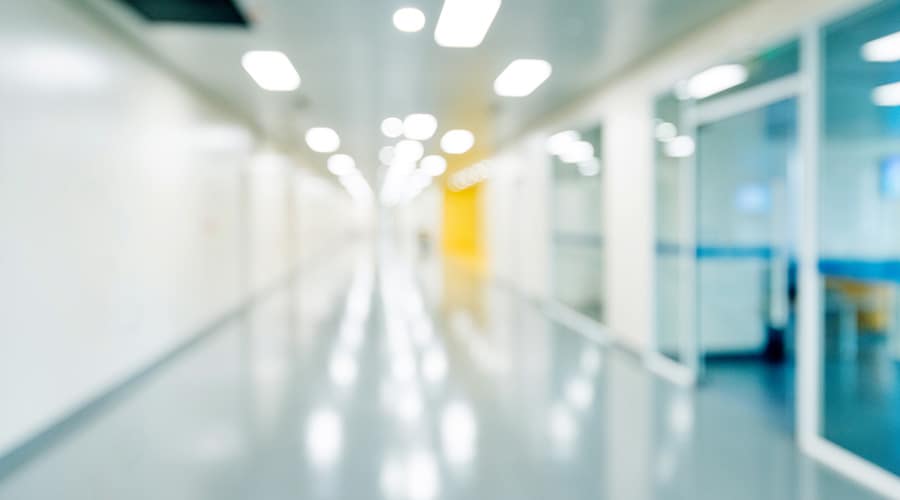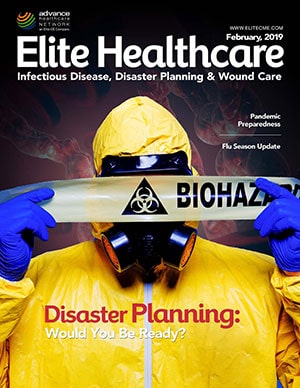
AI, other machine learning could send field in new directions
Sleep studies are nothing new, and in an age where healthcare professionals and individuals are much more aware of the importance of sleep, as well as the potential danger posed by such conditions as sleep apnea, doctors are ordering more and more such evaluations.
It’s good news for sleep technologists in terms of workload and job security, But in the not-so-distant future, modern technology could improve to a point that machines could usurp the diagnostic process, providing predictive services that no human could match.
“I think [sleep medicine] is a field that is ripe for disruption in really being able to apply big data and big data tools to our field and perhaps even be a leading force in terms of how machine learning and artificial intelligence can really impact patients in the way that we deliver care,” sleep specialist Dennis Hwang, MD, director of Kaiser Permanente’s San Bernardino County Sleep Center, told Sleep Review.
Iceland-based Nox Medical has created a branch called Nox Research focusing on the development of tools to automate sleep study scoring and extract new insights from sleep study data. Since the program began, Nox has released an AI-powered automatic sleep detector as part of the company’s sleep analysis software Noxturnal.
Currently, their researchers are working on tools to map and track arousals during sleep. It’s just one aspect of an increased technological presence in the sleep field.




